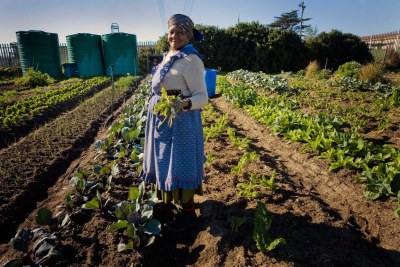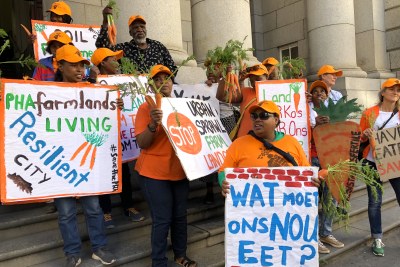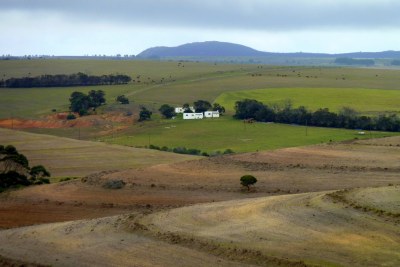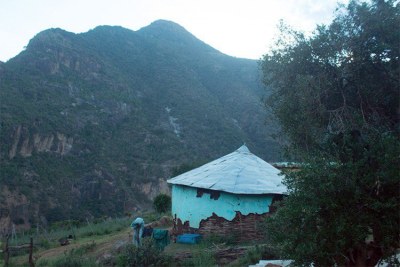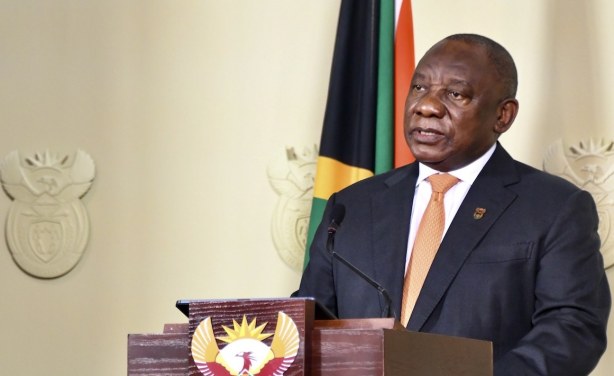-
South Africa: Nation Must Address Unjust Land Ownership Patterns - Ramaphosa
SAnews.gov.za, 5 October 2020
Transforming patterns of agricultural land ownership is vital not just to address the historical injustices of the past, but to safeguard the nation's food security, says President… Read more »
-
South Africa: From The Desk of the President - Monday, 05 October 2020
South Africa, 5 October 2020
Dear Fellow South African, Read more »
Unjust South African Land Practices Must be Undone - Ramaphosa
President Cyril Ramaphosa has said that historical land ownership patterns must not only be transformed in the interest of justice but also to safeguard the nation's food security. Writing in his weekly newsletter on Monday, the President made this remark after a government announcement that the public will be able to apply to lease 700 000 hectares of underused or vacant state land in seven of the provinces.
"We are also losing prime agricultural land through land-use changes. Given our history, broadening access to agricultural land for commercial production and subsistence farming is a national priority ... By depriving our people of their right to own and work the land on which they depended for sustenance and livelihood, this great injustice effectively 'engineered the poverty of black South Africans'," Ramaphosa said. Although the post-1994 land reform process has resulted in more land being restored and restituted to black South Africans, Ramaphosa pointed out that the effects of the 1913 Natives Land Act continue to be in patterns of farmland ownership. "Our redistributive vision aims to strike a balance between social justice and redress and enhancing agricultural output by bringing more black farmers into the mainstream of the economy. Land is a productive asset that generates profit and can be used for collateral to secure other assets."
InFocus
-
For black women married in South Africa before 1988, the husband owned all matrimonial assets and could sell them without consulting his wife - until a landmark court judgment ... Read more »
-
After years of campaigning, the Philippi Horticultural Area (PHA) Food and Farming Campaign will finally go up against the city, the Western Cape province and a number of ... Read more »
-
South Africa's ruling African National Congress appears to want a major change to the proposed expropriation without compensation process by removing judges from the equation. ... Read more »
-
Land expropriation without compensation is a method to acquire land, but not the sum total of land reform or restitution. That's the short version of view of the Presidential ... Read more »
-
The actual process of amending the South African Constitution's clauses on land expropriation will only happen after the national elections, ANC constitutional review committee ... Read more »
